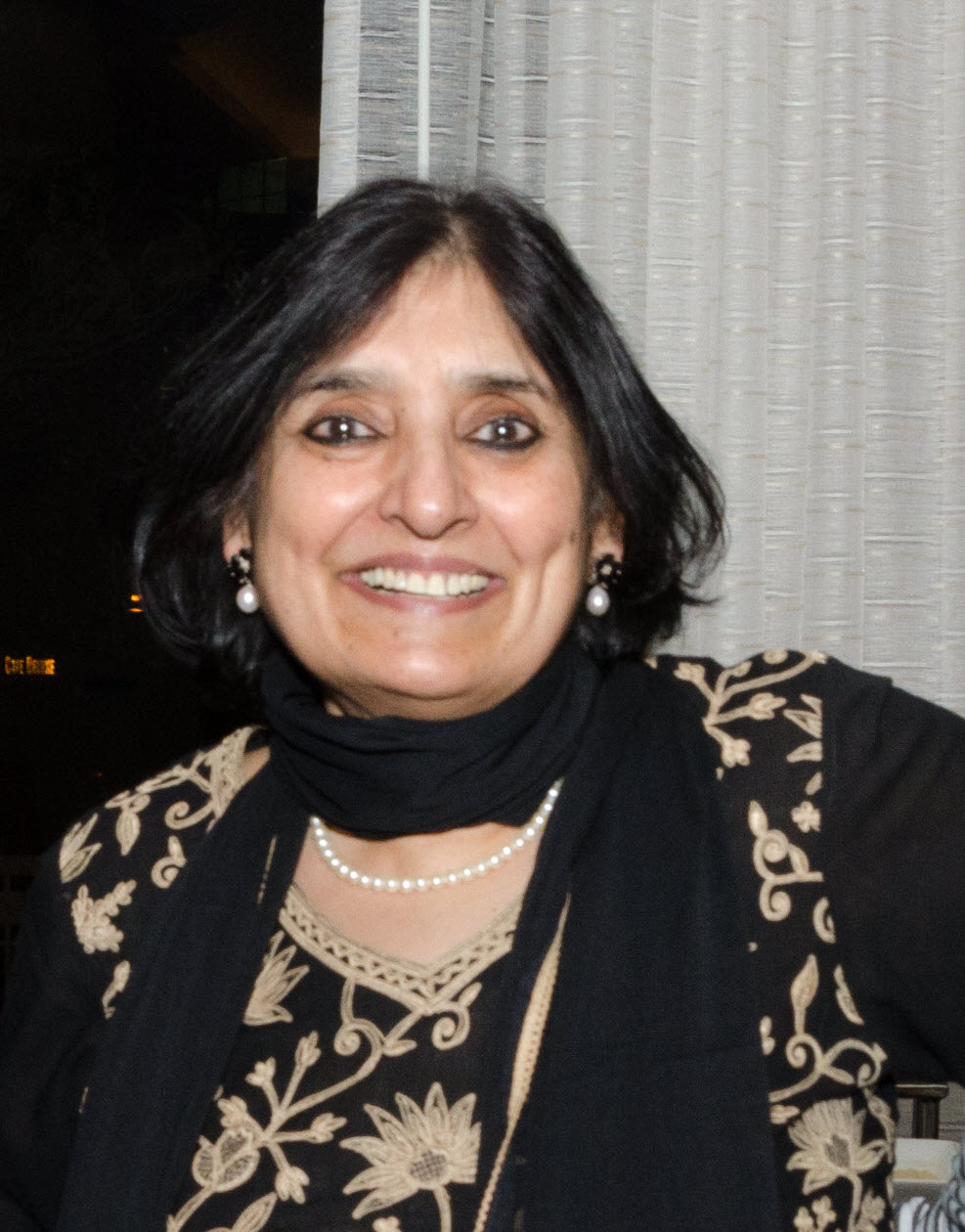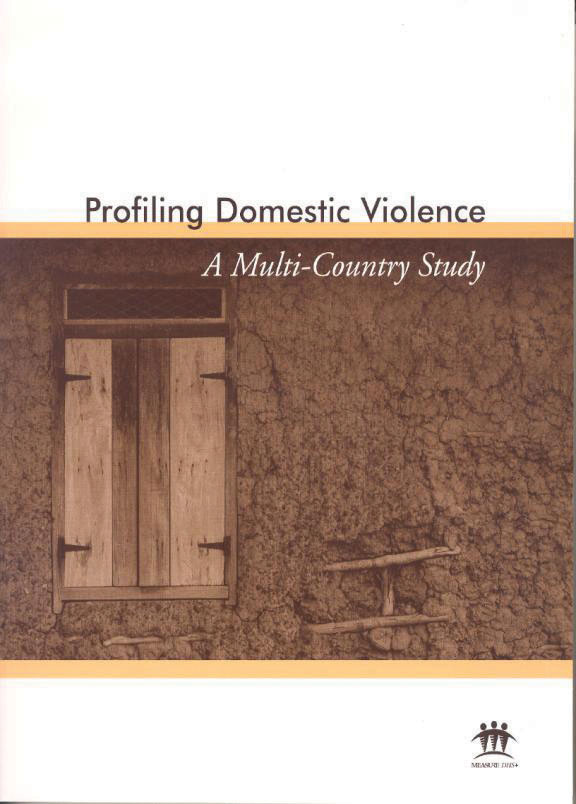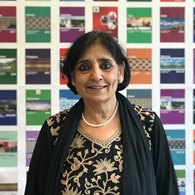Inside The DHS Program: Q&A with Dr. Sunita Kishor

Name: Dr. Sunita Kishor
Position title: Director, The DHS Program
What is your role at The DHS Program? To lead, inspire, foster innovation, nurture staff, solve problems, and celebrate successes
When did you start at The DHS Program? October 1993. Yup—just a few months shy of my 25th anniversary!
Languages spoken: English, Hindi, Urdu, and Punjabi
Favorite DHS cover: Not a cover of a country report, but of the 2004 study “Profiling Domestic Violence: A Multi-country Study” in the DHS Occasional Paper series. Why is this my favorite cover? Because it uses no words, and yet speaks so very loudly about the silence that surrounds the scourge that is domestic violence.

What work are you most proud of? The inclusion of gender issues into the DHS survey, of course! I sometimes wonder if the SDGs would have been able to include and monitor goals related to women’s empowerment and gender-based violence if The DHS Program had not been consistently collecting these data and making the data widely available for monitoring and analysis.
What’s your most memorable trip to date? Any specific memory? Not just one trip, but the trips I made as part of field monitoring for the 1998-99 India NFHS-2 fieldwork. These trips into the many hearts of India—way outside the comfort of the urban, elite bubble of New Delhi where I grew up—opened my eyes to the real, multidimensional India. I met women whose life experiences made me proud to be a woman and humbled me too, especially when I looked at my life through their eyes.
One event that showed me what son-preference really looks like in real life was when a grandmother in an NFHS sample household in remote rural Madhya Pradesh asked me to take away her baby granddaughter, barely a month old. In no uncertain terms, she told me that the girl child was unwanted and I could have her. It was only the intervention of her son that prevented the woman from forcing the baby into my hands.
What developments in data collection or global health are you excited about right now? The continued improvements in technology that allow real-time tracking and monitoring of fieldwork and the advances in biomarker measurement are among the many data collection-related developments that excite me.
In the broader arena of global health and development, I am excited about The DHS Program continuing to provide high-quality, timely, and ethically collected data to ensure that the SDGs do indeed lead to greater accountability for meeting the aspirations of all people.
Photo Credit: © 2018, ICF


